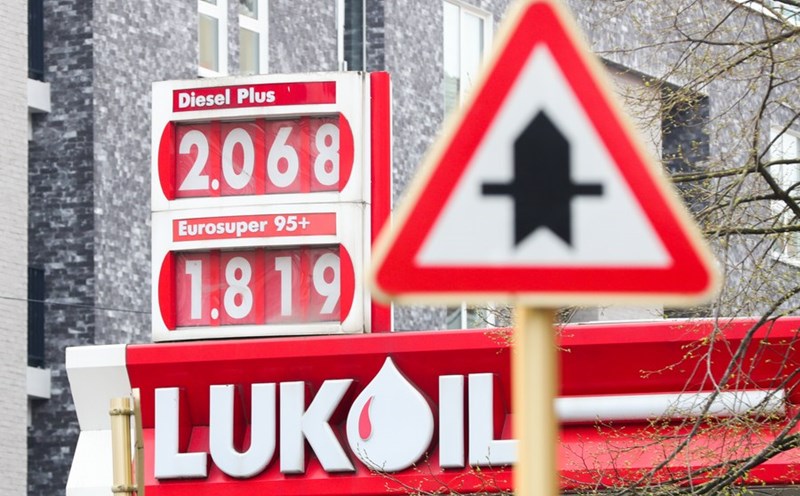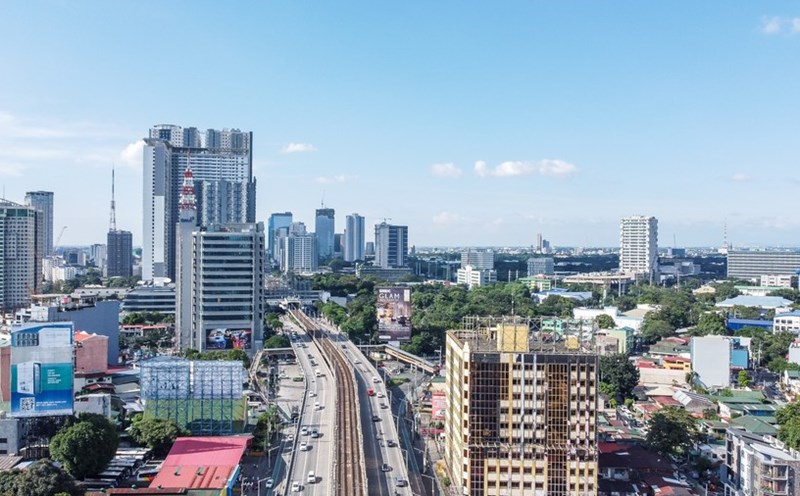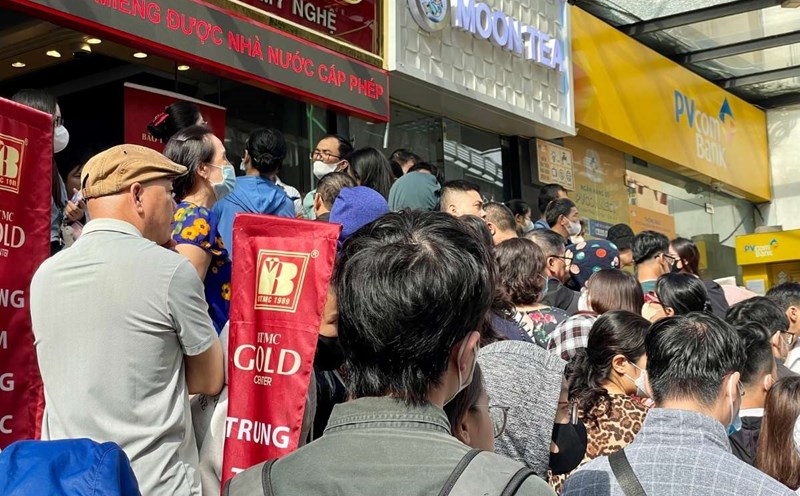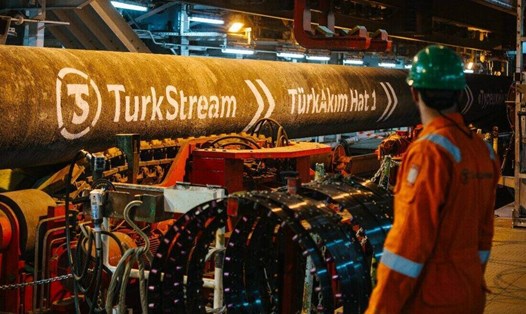On October 16, at a press conference at the White House, US President Donald Trump said that Indian Prime Minister Narendra Modi had told him that New Delhi was ready to stop buying Russian oil.
Speaking to the press, Mr. Trump said: "Today, he pledged to me that they would stop buying oil from Russia. This is a very important step forward. My next goal is to convince China to do the same."
According to Mr. Trump, Prime Minister Modi has pledged to do this according to a roadmap, not immediately.
He also outlined conditions for India to resume oil purchases: "They will return to Russia after the conflict ends." He believes that India's decision to stop buying oil will now create more pressure, making it much easier to resolve the conflict.
Mr. Trump's statement was made in the context of the US and Western countries trying every way to tighten sanctions, in order to cut down on Russian energy revenue after the conflict in Ukraine.
However, since the conflict broke out, India has become one of Moscow's largest crude buyers. India has taken advantage of Russia's deep discount sales to serve its dynamic economy, despite pressure from the West.
Politically, India has always remained neutral, not participating in sanctions and calling for dialogue. This stance is reinforced by the long-standing strategic partnership with Russia, especially in the defense sector.
This is not the first time President Trump has made such a statement. A few months ago, he also affirmed that India would stop buying Russian oil, but in fact, this activity continues, even increasing.
Russia has previously denied these claims. Foreign Minister Sergey Lavrov said that Mr. Trump is only trying to remove Russian oil from the market to promote US energy sources. Mr. Lavrov also emphasized that India's trade with anyone is a sovereign decision, belonging to the Russia-India bilateral relationship, and New Delhi will be ready to negotiate the terms fairly.











